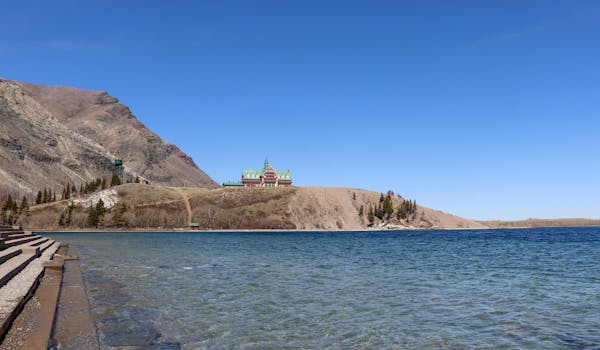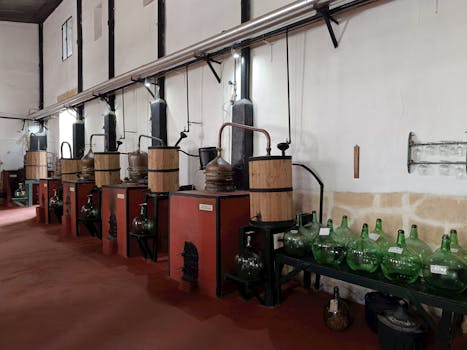Alberta Canada

Alberta Faces Economic and Healthcare Challenges as Government Unveils Budget
Alberta is navigating a complex period of economic adjustments, healthcare challenges, and ongoing debates about energy and affordability. The United Conservative Party government, led by Premier Danielle Smith, recently unveiled its provincial budget, which aims to balance fiscal restraint with investments in key sectors like healthcare and infrastructure. The budget forecasts a return to surplus in 2024-25, driven largely by increasing oil revenues, although critics argue that the projection relies heavily on optimistic commodity pricing.
To attract investment and skilled workers, the government proposes tax cuts to encourage capital flow and diversify the economy beyond oil and gas. The energy sector remains crucial to Alberta’s fortunes, with discussions around increased natural gas exports and advancements in carbon capture, utilization, and storage (CCUS) technologies gaining momentum. The Alberta Carbon Corridor initiative, which aims to build a CO2 transportation network, is progressing, but faces opposition from environmental groups advocating for a faster transition to renewable energy.
Rural communities are struggling with Emergency Room closures and staffing shortages, prompting the government to implement strategies to recruit and retain healthcare professionals. These include financial incentives and streamlined licensing processes for internationally-trained workers. However, opposition parties are calling for more substantial investment in frontline healthcare services and addressing systemic issues driving burnout. The Alberta Health Services review, launched earlier this year, is informing restructuring efforts to achieve greater efficiency, although healthcare unions have expressed concerns about potential impacts on patient care.
Inflation and the rising cost of living are affecting Albertans, with affordability being a major focus for the NDP opposition led by Rachel Notley. The party is pushing for measures like a provincial affordability benefit to help families cope with increasing expenses. The province is also grappling with rapid population growth, particularly in Calgary and Edmonton, putting pressure on infrastructure and social services. Housing affordability is a significant issue in these cities, sparking discussions about zoning reforms and increasing housing supply.
Alberta’s ongoing legal challenges with the federal government over the carbon tax and environmental legislation remain contentious, with the province arguing for greater autonomy in managing its natural resources and environmental policies. Recent polling indicates fluctuating public approval for the UCP government, largely dependent on perceptions of the economy and healthcare system’s performance.

 06 May 2025
06 May 2025 Share
Share






